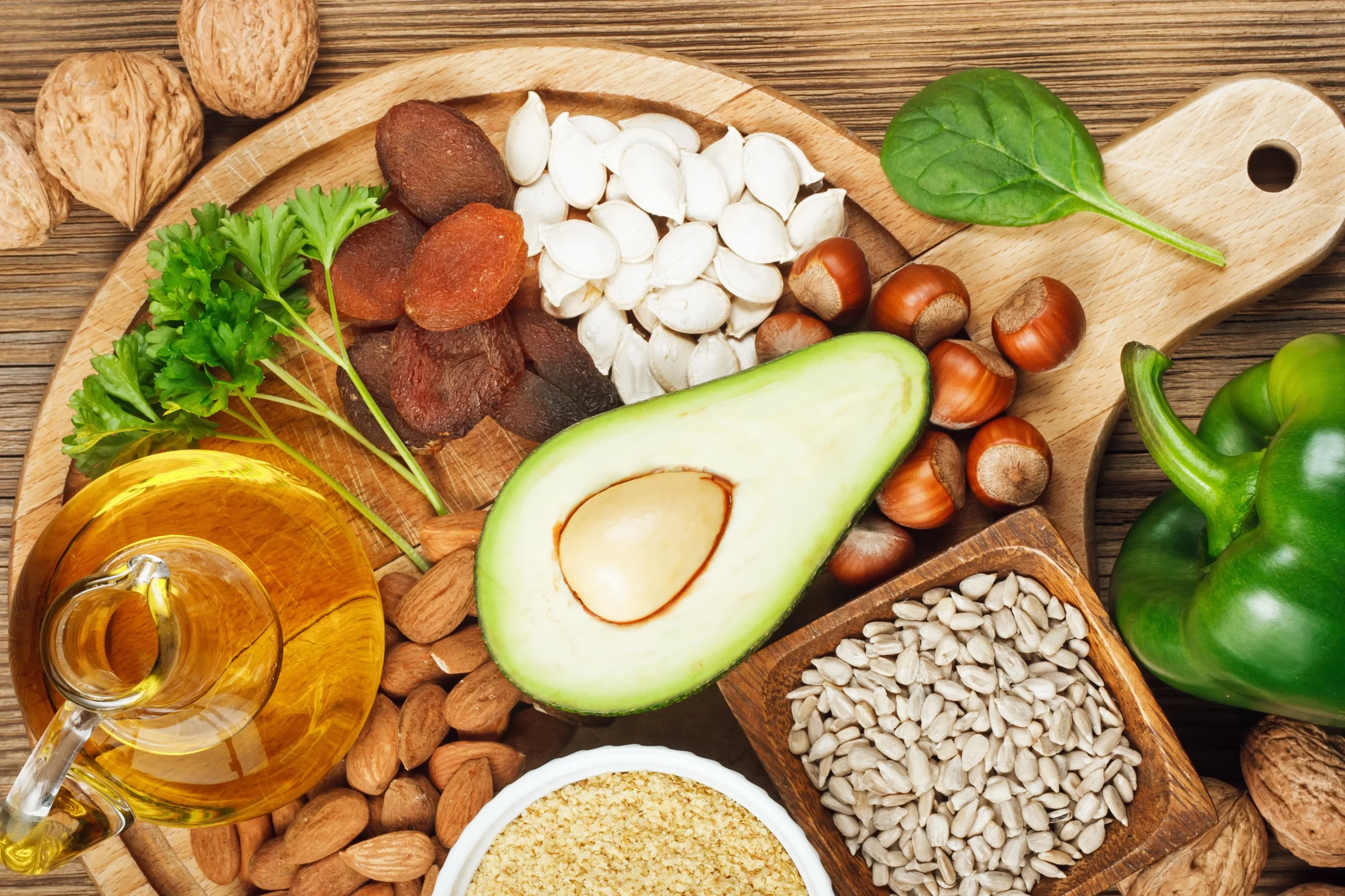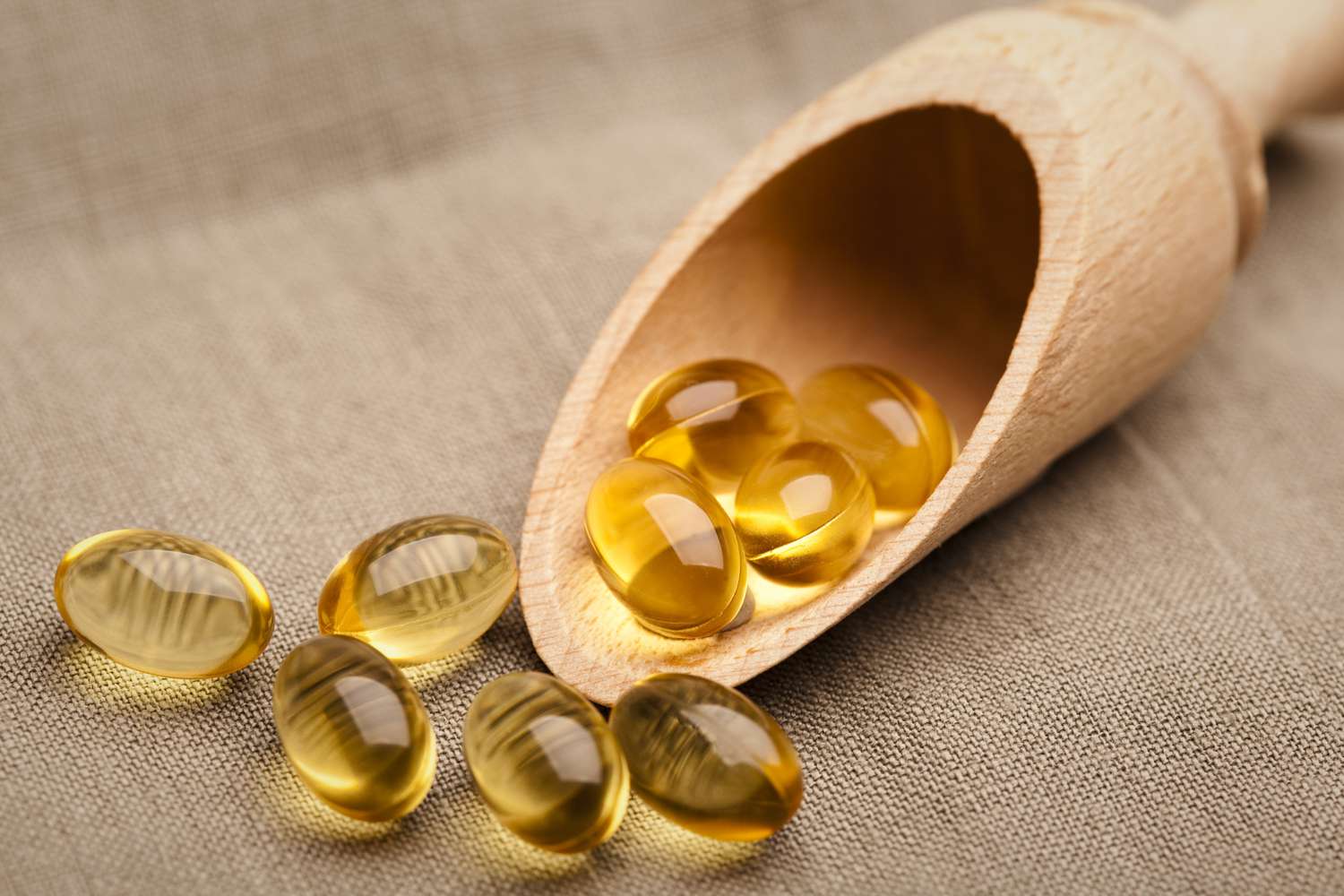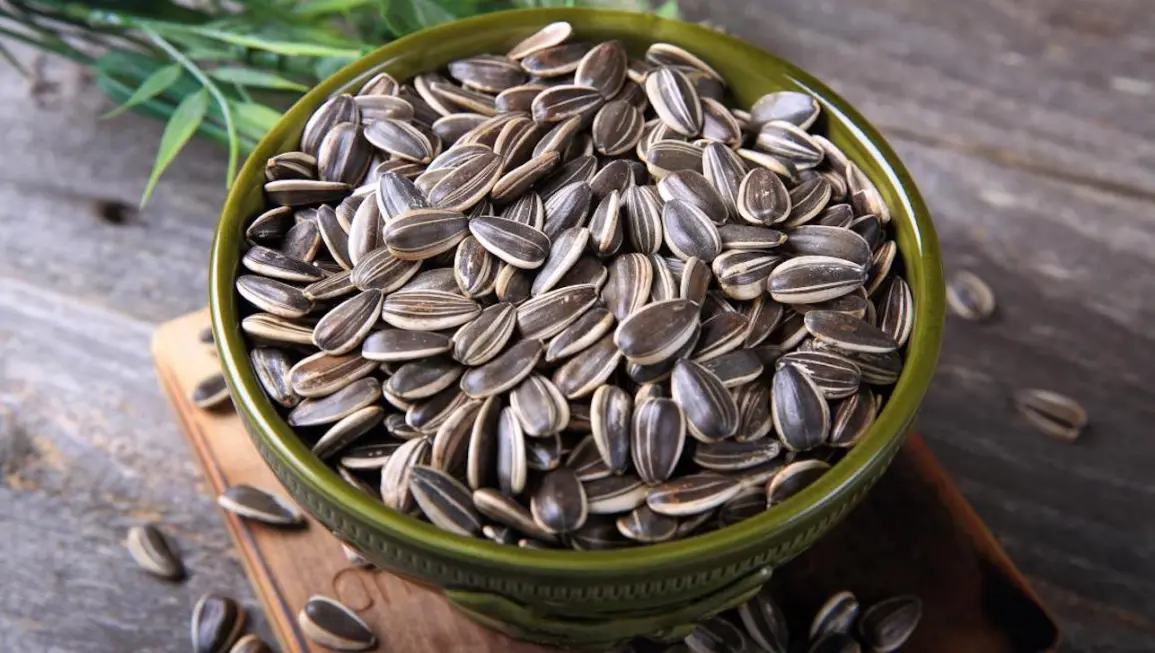Vitamin E is a vital nutrient that plays a significant role in maintaining overall health and well-being. In this article, we will explore the benefits of vitamin for various aspects of health, identify its food sources, discuss the recommended daily intake, examine vitamin deficiency and supplements, and provide some frequently asked questions to help you better understand this essential nutrient.
1. Introduction
Vitamin E, also known as tocopherol, is a fat-soluble vitamin with potent antioxidant properties. It is a collective term for a group of compounds that includes tocopherols and tocotrienols, with alpha-tocopherol being the most common and biologically active form.
2. What is Vitamin E?
Vitamin E is a powerful antioxidant that protects the body’s cells from damage caused by free radicals. Free radicals are unstable molecules that can harm cells, contribute to chronic diseases, and accelerate the aging process. By neutralizing free radicals, vitamin helps reduce oxidative stress and inflammation, promoting overall health.
3. Benefits of Vitamin for Health
Antioxidant Properties
Vitamin E’s primary role as an antioxidant is crucial for protecting the body against oxidative damage. It helps prevent the oxidation of fats in cell membranes, which can lead to various diseases, including heart disease and cancer. By neutralizing free radicals, vitamin helps maintain cellular integrity and reduces the risk of chronic illnesses.
Skin Health
Vitamin E plays a vital role in maintaining healthy skin. It helps protect the skin from damage caused by sun exposure, environmental pollutants, and aging. Additionally, it supports the production of collagen, a protein that keeps the skin firm and elastic, thereby promoting a youthful appearance.
Eye Health
As an antioxidant, vitamin helps protect the eyes from oxidative stress, which can contribute to the development of age-related macular degeneration (AMD) and cataracts. Including vitamin -rich foods in your diet may help maintain good vision and reduce the risk of eye-related conditions.
Immune System Support
Vitamin enhances the immune system’s response by stimulating the production of immune cells that help fight off infections and diseases. It also helps regulate inflammation, allowing the immune system to function optimally. Adequate vitamin intake is essential for maintaining a robust immune system.
Cardiovascular Health
Research suggests that vitamin may have a positive impact on cardiovascular health. It helps prevent the oxidation of LDL cholesterol, commonly known as “bad” cholesterol. By reducing LDL oxidation, vitamin may help protect against the development of atherosclerosis, a condition characterized by the buildup of plaque in the arteries.
4. Food Sources of Vitamin E
To ensure sufficient vitamin E intake, it is important to include foods rich in this nutrient in your diet. Some excellent food sources of vitamin include:
- Nuts and Seeds: Almonds, sunflower seeds, peanuts, and hazelnuts are great sources of vitamin.
- Leafy Green Vegetables: Spinach, kale, and Swiss chard are not only rich in vitamins and minerals but also provide vitamin.
- Vegetable Oils: Wheat germ oil, sunflower oil, and safflower oil contain significant amounts of vitamin.
- Fortified Foods: Some breakfast cereals, margarine, and plant-based milk products are often fortified with vitamin.
5. Recommended Daily Intake of Vitamin E
The recommended daily intake of vitamin E varies based on age, sex, and life stage. For adults, the recommended daily allowance (RDA) of vitamin is 15 milligrams (22.4 IU). However, it’s always best to consult with a healthcare professional to determine the appropriate intake for your specific needs.
6. Vitamin Deficiency
Vitamin E deficiency is rare but can occur in individuals who have difficulty absorbing fats or have specific genetic disorders. Some common symptoms of vitamin deficiency include:
- Muscle weakness
- Vision problems
- Immune system impairment
- Nerve damage
- Anemia
Risk Factors
Certain factors may increase the risk of vitamin deficiency, such as:
- Digestive disorders (e.g., Crohn’s disease, cystic fibrosis)
- Liver or gallbladder disease
- Premature infants
- Individuals on very low-fat diets
Treatment and Prevention
Treating vitamin E deficiency typically involves supplementation under the guidance of a healthcare professional. In most cases, dietary changes and appropriate supplementation can correct the deficiency and alleviate associated symptoms.
7. Vitamin E Supplements
While it is generally best to obtain nutrients from a balanced diet, some individuals may benefit from vitamin supplements. These may include people with malabsorption issues, specific medical conditions, or dietary restrictions that prevent them from consuming sufficient amounts through food alone.
Who Might Benefit from Supplements
- Individuals with malabsorption issues (e.g., celiac disease, pancreatic disorders)
- Premature infants
- People with certain genetic disorders affecting vitamin absorption and metabolism
- Individuals on very low-fat diets
Potential Risks and Side Effects
Taking high doses of vitamin supplements for prolonged periods may have potential risks and side effects. It is important to follow the recommended dosage and consult with a healthcare professional before starting any supplementation regimen. Excessive vitamin intake can interfere with blood clotting and may interact with certain medications, such as blood thinners.
8. Conclusion
Vitamin E is an essential nutrient that offers numerous health benefits. From its role as a powerful antioxidant to its positive impact on skin health, eye health, immune system function, and cardiovascular health, vitamin E plays a vital role in maintaining overall well-being. By incorporating vitamin E-rich foods into your diet and considering supplementation when necessary, you can ensure adequate intake of this important nutrient.
FAQs
- Can I get enough vitamin E from food alone? While it is possible to meet your vitamin E needs through diet alone, some individuals may require supplementation to maintain sufficient levels.
- Can vitamin E help prevent wrinkles? wellhealthorganic.com:vitamin-e-health-benefits-and-nutritional-sources antioxidant properties may help protect the skin from damage caused by free radicals, potentially slowing down the development of wrinkles.
- Is it safe to take vitamin E supplements during pregnancy? Pregnant women should consult with their healthcare provider before taking any supplements, including vitamin, to ensure appropriate dosage and safety.
- Can vitamin E boost the immune system? Vitamin plays a role in supporting the immune system’s response, helping to fight off infections and promote overall immune function.
- What are the signs of vitamin E deficiency? Signs of vitamin deficiency may include muscle weakness, vision problems, impaired immune function, nerve damage, and anemia.




